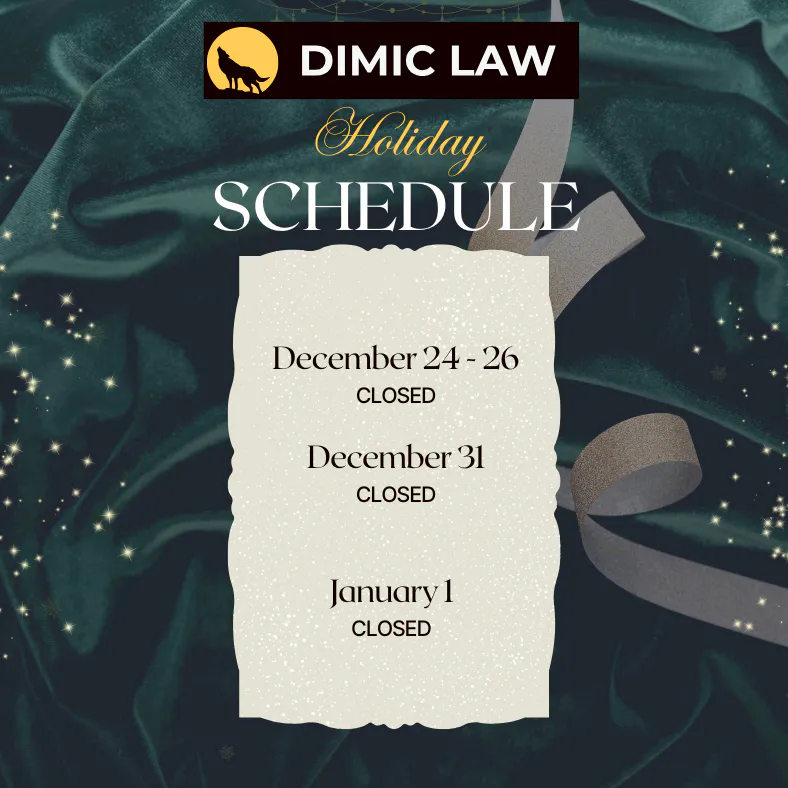
Blog
Contractors: Take charge over non-payment

Construction projects can range from small projects involving a few people to large projects involving multiple companies and hundreds of people. In such projects ensuring that you are paid by the owners, developers, and even general contractors can be confusing and difficult. Recovering invoices can seem like a daunting and impossible task when going up against large construction developers and owners. Knowing your rights and how to challenge unpaid invoices can be invaluable information for contractors.
CONTRACT
Prior to starting on a new project, every contractor should ensure that a duly signed and executed contract is in place. The contract should outline the specific work being performed, timelines, pricing, method of payment, and any other terms to specify the nature of the work being conducted and the appropriate consideration for such work. You should contact an experienced Alberta lawyer to assist in creating a comprehensive contract to provide to owners and developers, or to review a proposed contract given by owners or developers in charge of a construction project.
PROPER INVOICES
As a contractor it is important to provide proper invoices to the owners or developers. As per the Prompt Payment and Construction Lien Act, a proper invoice should include the following elements:
- the contractor’s name and business address
- the date of the proper invoice and the period during which the work was done or materials were furnished
- information identifying the contract under which the work was done, whether in a written or verbal contract
- a description of the work done or materials furnished
- the amount requested for payment and the corresponding payment terms broken down for the work done or materials furnished
- the name, title and contact information of the person to whom the payment is to be sent
- a statement indicating that the invoice provided is intended to constitute a proper invoice
- any other information that may be prescribed.
Unless otherwise provided in the contract, contractors should send proper invoices to the owners or developers at least every 31 days. After receiving the invoice, owners or developers have 28 days to pay the invoice before penalties can be applied.
If the owners or developers disagree with the invoice completely or partially, they must send a notice of dispute specifically outlining the unpaid amount and reasons for their non-payment.
CONSTRUCTION LIEN
If the owners or developers in charge of a construction project refuse to pay a contractor’s proper invoices, the contractor can register a construction lien, also known as a builder’s lien.
Construction liens are a powerful tool for contractors who often have difficulty in pursuing owners and developers for unpaid invoices. A registered construction lien makes it difficult or even impossible for the owners to sell or refinance their property because they will no longer have a “clear title”.
To register a construction lien and become a lienholder, contractors must file Form A and an Affidavit at the Land Titles office. To complete Form A the contractor must provide a short description of the work done and the amount being claimed.
A construction lien is only valid for 180 calendar days after registration at which point it will expire. After the construction lien is registered, if the owners or developer still refuse to pay the invoices, then a Certificate of Lis Pendens [“CLP”] should be registered at the Land Titles office against the property.
If a CLP is not filed before the 180-day expiry, the construction lien will expire, and it cannot be registered against that property again.
CERTIFICATE OF LIS PENDENS and STATEMENT OF CLAIM
A Certificate of Lis Pendens [“CLP”] is a registration on title that serves as a notice to any interested parties of that property that there is a pending litigation related to the property.
To register a CLP, contractors must first initiate an action by filing a Statement of Claim. Once a Statement of Claim is filed, contractors can register a CLP at the Land Titles office using their prescribed Form 30. You should contact an experienced Alberta lawyer to assist in initiating an action and recovering your unpaid invoices.
CONCLUSION
In conclusion, contractors need to ensure that they are protecting themselves with comprehensive contracts and by invoicing owners and developers of a property properly. Experienced civil litigation lawyers play a pivotal role in helping contractors understand their rights and in navigating the complexities involved with recovering their unpaid invoices.

